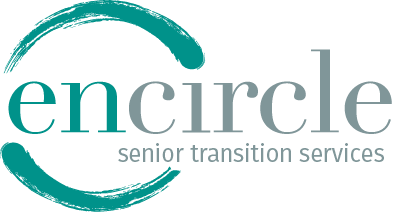When Lynn, now in her mid-70s, reflects on the past ten years, she wishes she could change some of the decisions she made…or chose to allow others to make for her.
When an unethical financial advisor persuaded Lynn and her husband Frank to sell their family home in the Bay Area, they at times disagreed with each other over the course of the decision-making process. What they didn’t know was that Frank may have been in the beginning stages of progressive supranuclear palsy (PSP), a rare neurological disease, which would have negatively impacted their decision.
They sold their home and to save money, moved into a neighborhood not suitable to their needs and into a house requiring more than $300K in repairs and upgrades. As Frank’s illness advanced, it became clear that they had made a terrible mistake, all set in motion by an advisor who, once the big house was sold, pressured them to take out a mortgage on their new home so he could invest the profits. They resisted and paid cash for the downsized house, but in the end had to take out a mortgage to complete the remodel and landscaping. Their savings depleted, they sold again, moved out of the immediate area, and purchased a condo close to their daughter and family to help with her two young children. She became Lynn’s mainstay and, along with the grandchildren, the best part of the decision to move.
Their new realtor took very little time to identify a home that would meet their needs, apparently caring more about how much money they had to spend and what this transaction would do for her. The condo had neither grass nor a fenced-in patio for their dog, was in need of a major remodel, had steps down to the front door, and nowhere to park or charge Frank’s golf cart—his only remaining avenue of independence. The steps became unmanageable for Frank, and he died before the seemingly endless HOA permitting process required to replace them with a pathway was completed.
If she could go back in time, Lynn would have made some decisions differently. She would not have so quickly sold the big house, the only centrally located venue for large family gatherings. Since the entire second move fell on her in the midst of caring for Frank, remodeling added another, almost unmanageable, level of stress. She would have considered the impact of replacing Frank’s medical network and their support system of neighbors, church, and three of their adult children, whose grandchildren they had cared for over an eleven-year period. She would have searched out advice from her pastor, multiple financial advisors, and realtors who, when moving became the best avenue to pursue, would not have pressured her. In short: “Understand what you want, research your options, advocate for yourself…and, insist that those on the other end of the conversation listen and get to know who you really are.”
Lynn’s story is why we do what we do at Encircle. We take the time to listen to your story, to learn your preferences, to understand what you sincerely value. Ultimately, we have your best interests at heart—whether it is preparing you for a home transition or getting you the financial and/or medical decision-making support you need. After we learn what you truly want, we expertly support you with wraparound services as you journey through these changes. Let’s navigate them together.

